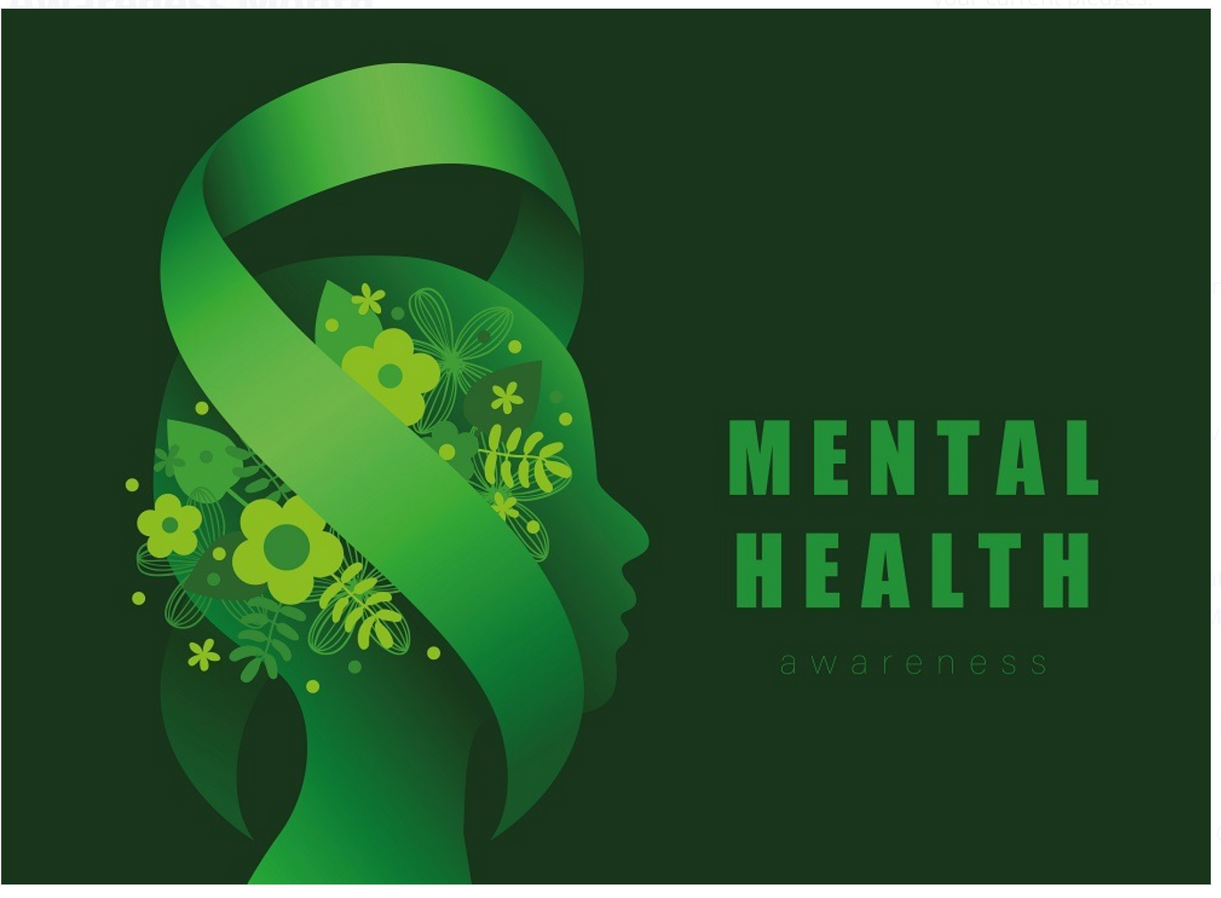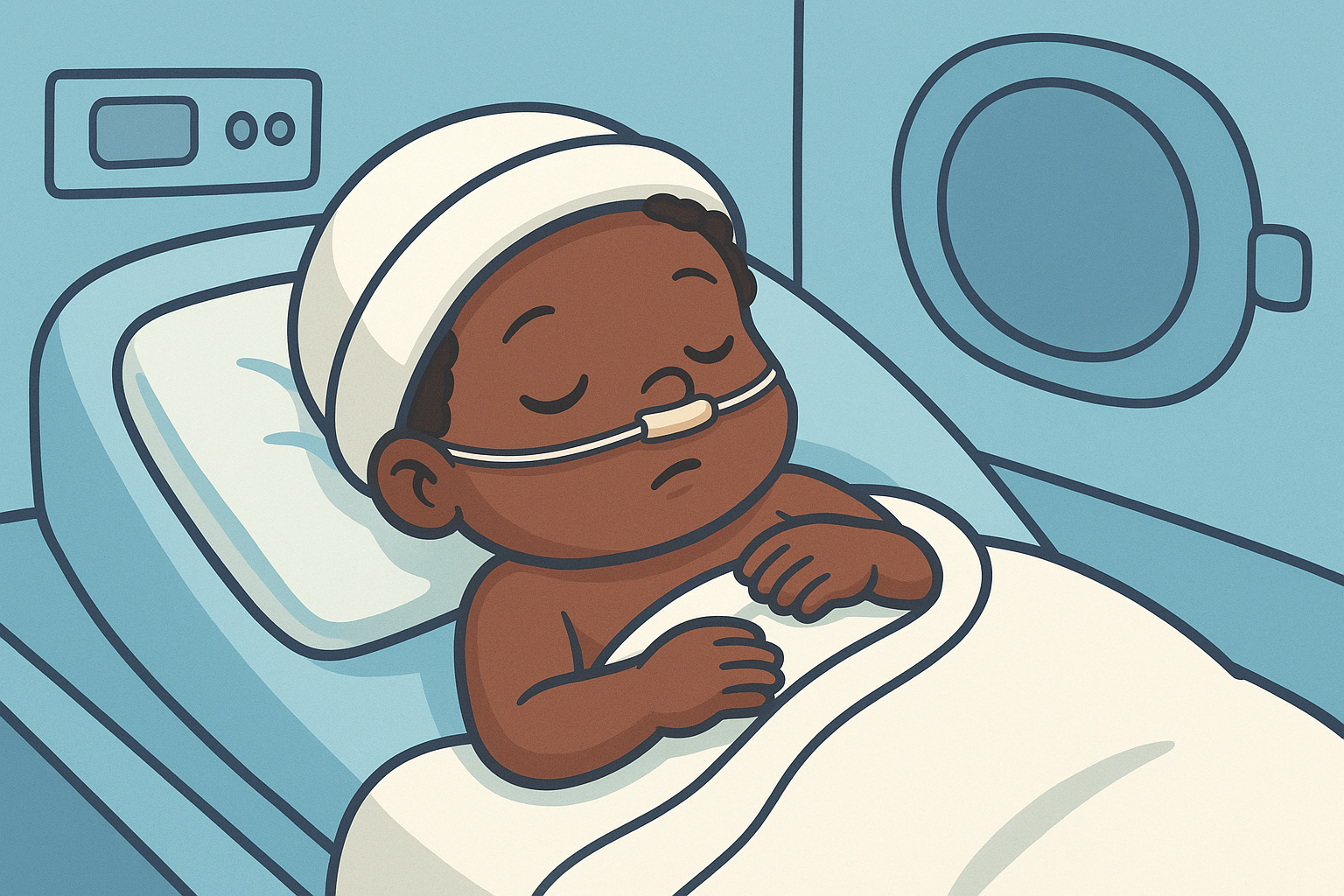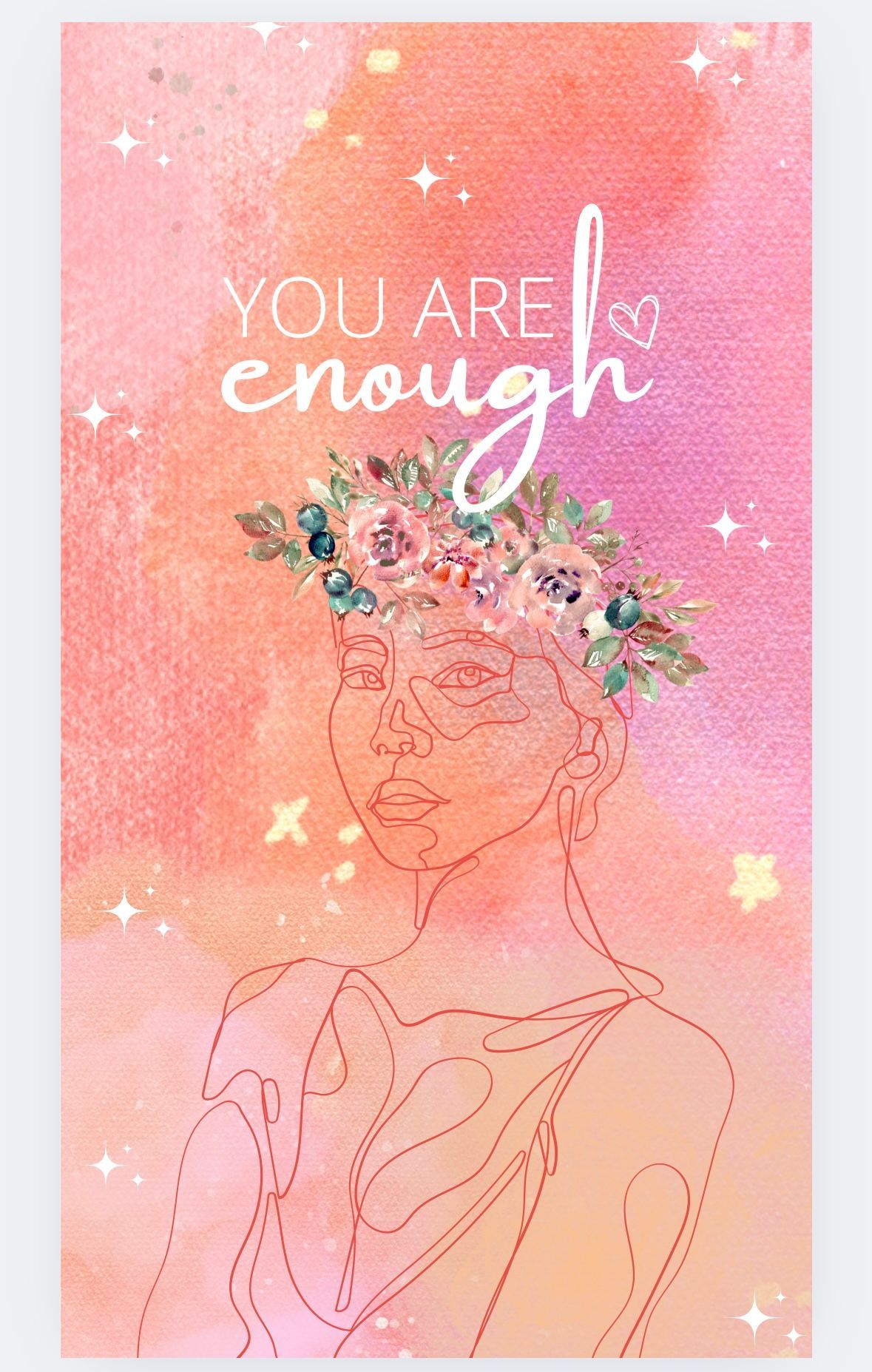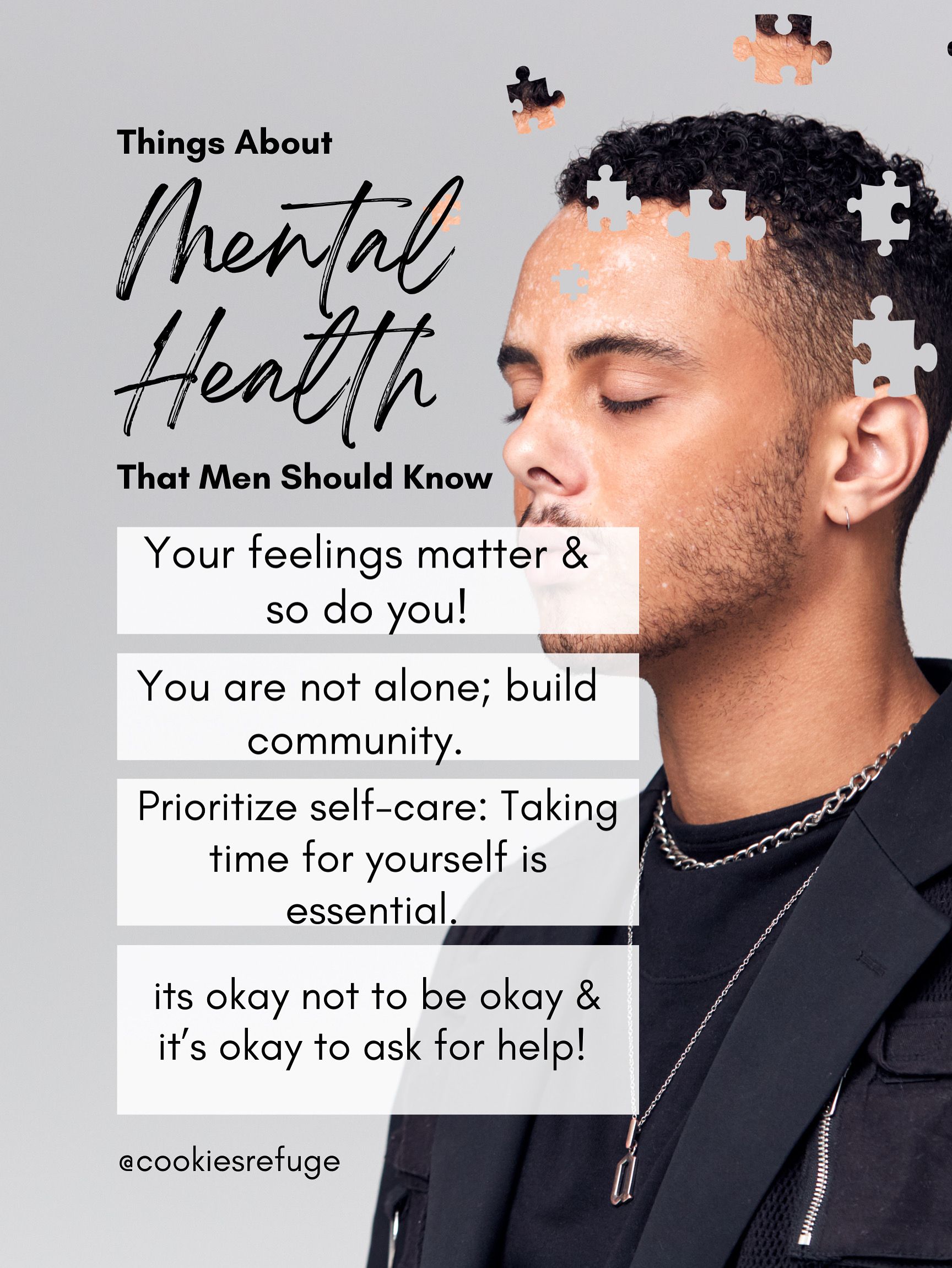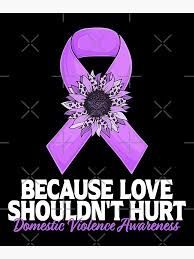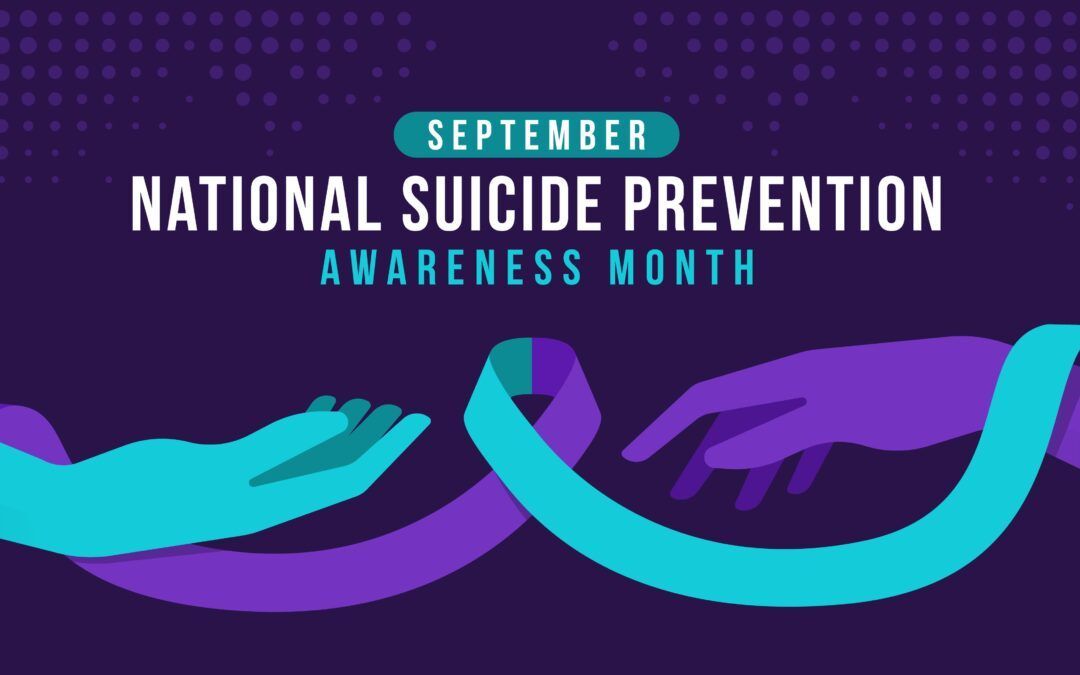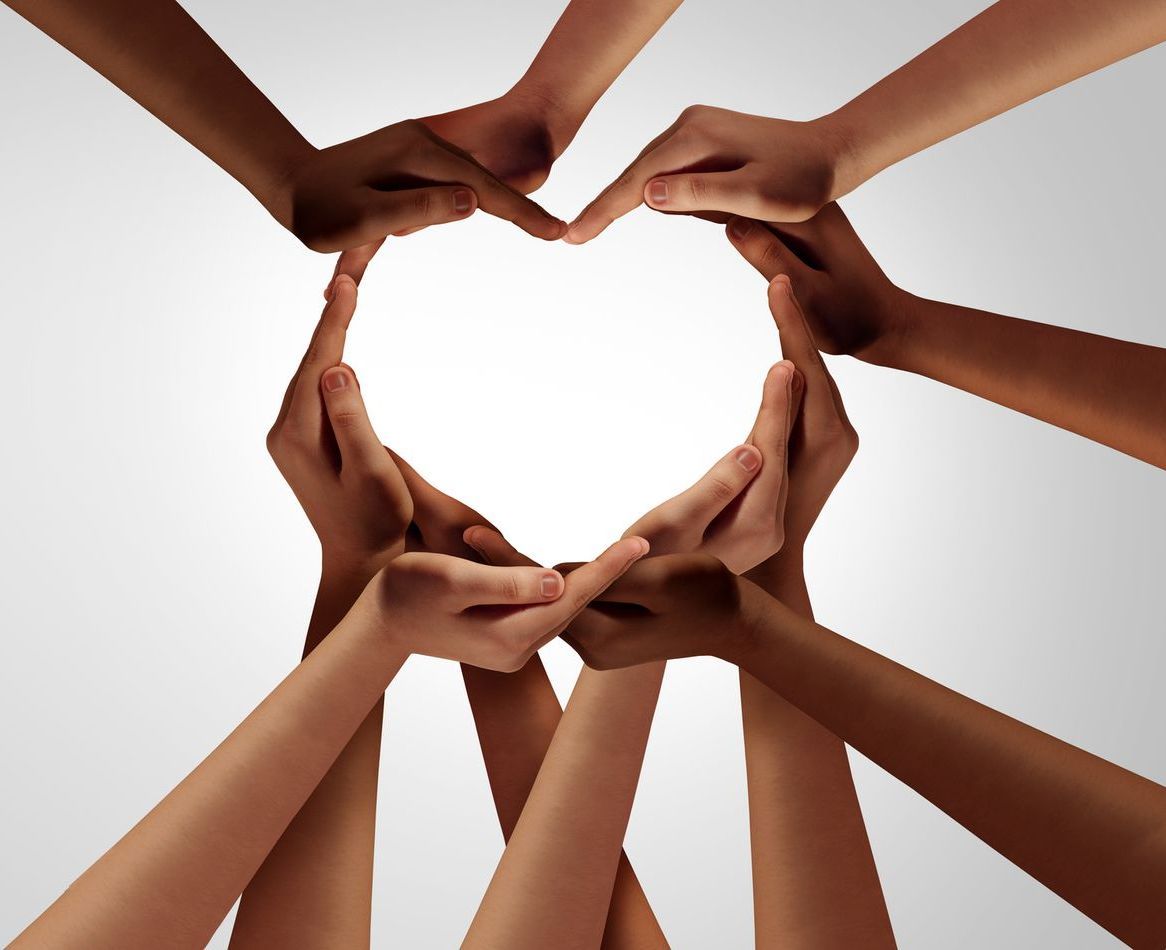Mental Health Awareness Month: Strengthening Urban Communities One Conversation at a Time
Fostering Connection and Resilience in Urban Spaces
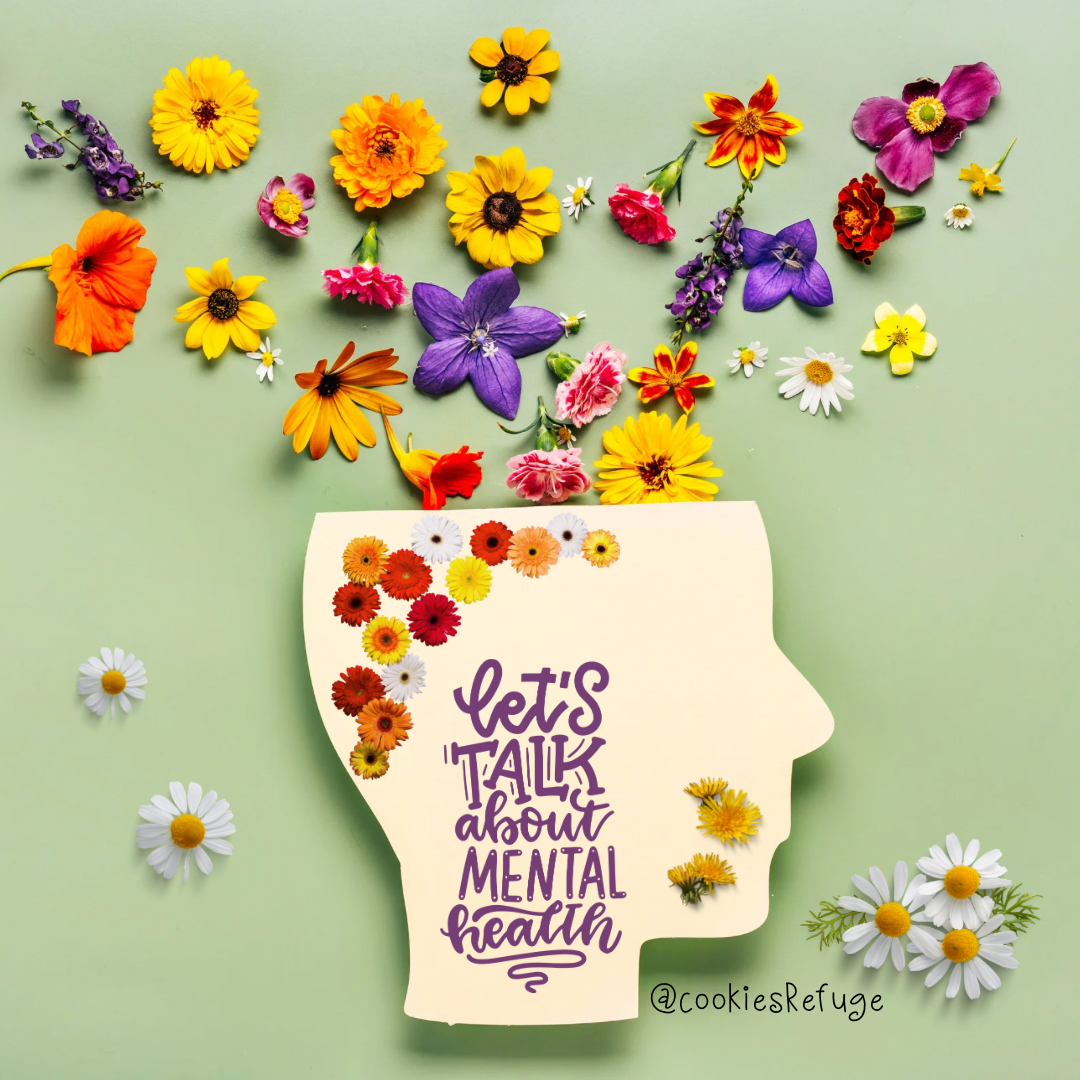
May marks Mental Health Awareness Month, a crucial time to shine a light on mental health issues and foster discussions around self-care and communal support, especially in urban communities. The hustle and bustle of city life often means individuals are surrounded by people yet can still feel isolated, overwhelmed, or stressed. Acknowledging mental health, sharing experiences, and fostering community can play a vital role in healing and well-being.
The Importance of Community in Healing
Urban environments can be both exhilarating and challenging. Although they provide numerous resources, the high cost of living, social pressures, and fast-paced lifestyles can lead to significant emotional stress. In such contexts, community becomes essential. A supportive community can help individuals feel valued, understood, and less alone in their struggles.
1. Connection: By building connections with others, residents can share their experiences and find common ground. This connection can be a profound source of comfort and reassurance.
2. Cultural Understanding: Urban communities often comprise diverse backgrounds and cultures. Embracing this diversity can lead to mutual respect and understanding, enriching the collective mental health experience.
3. Collective Resources: Communities can pool resources—whether that’s forming support groups, organizing wellness workshops, or advocating for better mental health services—creating an environment that prioritizes mental well-being.
Self-Care Recommendations for Urban Dwellers
Self-care is individual, but in urban settings, it often requires a bit more creativity. Here are some recommendations tailored to the unique aspects of city life:
• Explore Local Parks: Nature has been shown to reduce stress and improve mood. Schedule time to visit nearby parks or green spaces, even if it’s just for a short walk or to read a book outdoors.
• Engage in Community Activities: Participate in local events, workshops, or volunteer opportunities. These activities can strengthen your sense of community while providing a sense of purpose.
• Practice Mindfulness: Urban life can be chaotic. Consider incorporating mindfulness practices, such as meditation or breathing exercises, into your routine. Apps like Headspace or Insight Timer can guide you through these practices.
• Utilize Public Resources: Many urban areas offer free or low-cost mental health services, including workshops, therapy sessions, and support groups. Seek out what’s available in your community, such as the local health department or community centers.
• Connect with Neighbors: Building relationships with those around you can be incredibly therapeutic. Simple acts, like saying hello or sharing a meal, can strengthen bonds and foster a supportive network.
Mental Health Awareness Month serves as a crucial reminder of the importance of prioritizing mental well-being—especially within our urban communities. By fostering connection, embracing diversity, and supporting one another, we can collectively work towards healing and resilience. Remember, seeking help or sharing experiences is not a sign of weakness but rather a courageous step towards wellness. Let’s continue the conversation this May and beyond, ensuring that mental health remains a priority for all.
-Cookie
